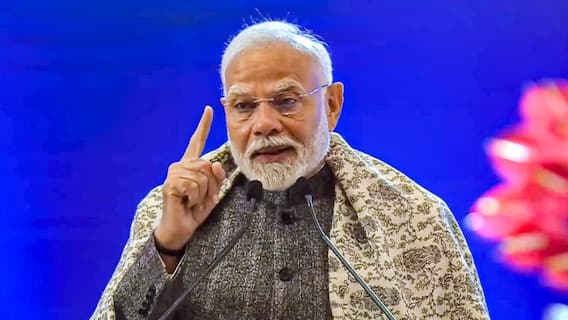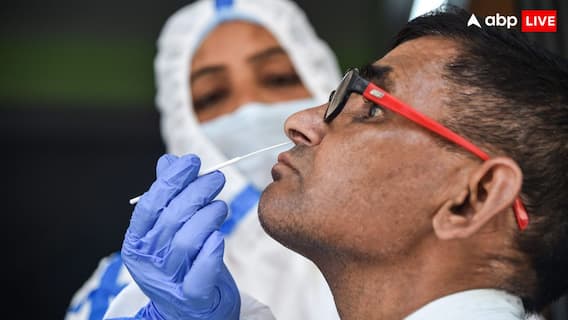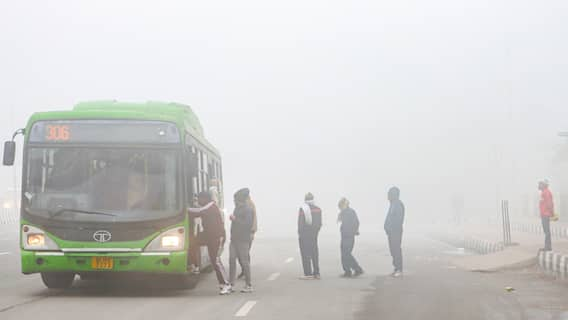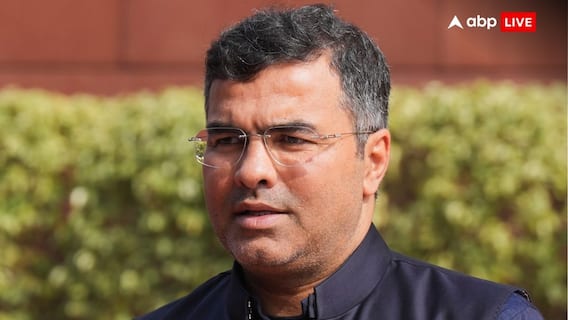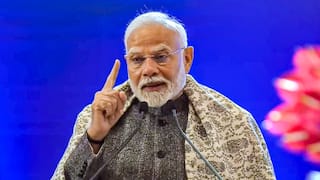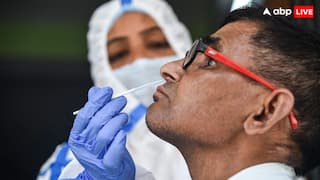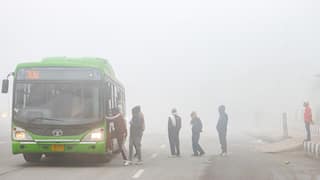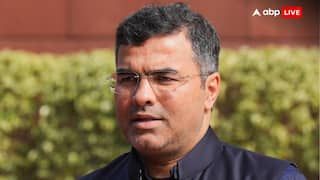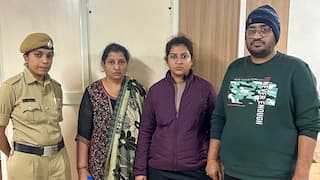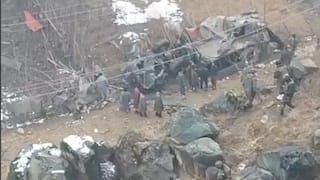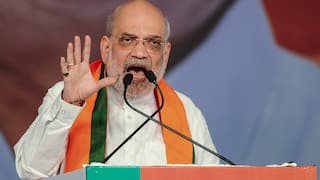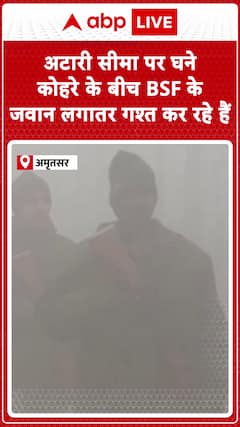Explorer
Advertisement
Pakistan's BAT mutilates body of soldiers: 5 things to know about Border Action Team

The ceasefire violation comes a day after Pakistan's army chief General Qamar Javed Bajwa visited the Line of Control. Photo: AFP (Representational)
NEW DELHI: Two soldiers were on Tuesday killed and their bodies were mutilated when Pakistan’s notorious Border Action Team (BAT) carried cross-Line of Control (LoC) on Monday in J&K's Poonch district.
Pak Army's Border Action Team crossed 200 meters over the Line of Control (LoC), carried out attack and escaped, a source said.
Issuing a statement on Twitter, the Indian Army, said, a Border Action Team was launched by Pakistan on a patrol operating between two posts. Two soldiers were killed in unprovoked firing by Pakistan. The Army warned of "appropriate response" for the "despicable act.
"Pak army carried out unprovoked rocket and mortar firing on two forward posts on the line of control in Krishna Ghati Sector. Simultaneously a BAT action was launched on a patrol operating in between the two posts. In an unsoldierly act by the Pak Army the bodies of two of our soldiers in the patrol were mutilated. Such despicable act of Pakistan Army will be appropriately responded," Indian Army said.
What is Pakistan's BAT (Border Action Team)
- The BAT comprises of highly trained special troops employed for Trans-Loc action of upto a depth of one to three kms.
- The core of BAT includes special commandos and trained terrorists. Its task is to carry out small scale disruptive actions.
- SSG commandos deployed on Pakistan side mainly form the core of its Border Action Team (BAT) and its deployed to carry out brutal military killing by long range snipers or an ambush.
- BAT actions also facilitate induction of terrorists to Jammu and Kashmir
- In 2016, Pakistan’s BAT commandos ambushed the Army’s counter infiltration patrol between the border fence and LoC.
Follow Breaking News on ABP Live for more latest stories and trending topics. Watch breaking news and top headlines online on ABP News LIVE TV
View More
Advertisement
Trending News
Advertisement
Advertisement
Top Headlines
India
Health
Cities
Election 2024
Advertisement


Sagarneel SinhaSagarneel Sinha
Opinion






